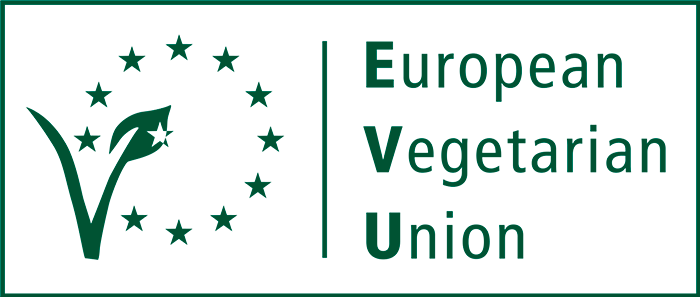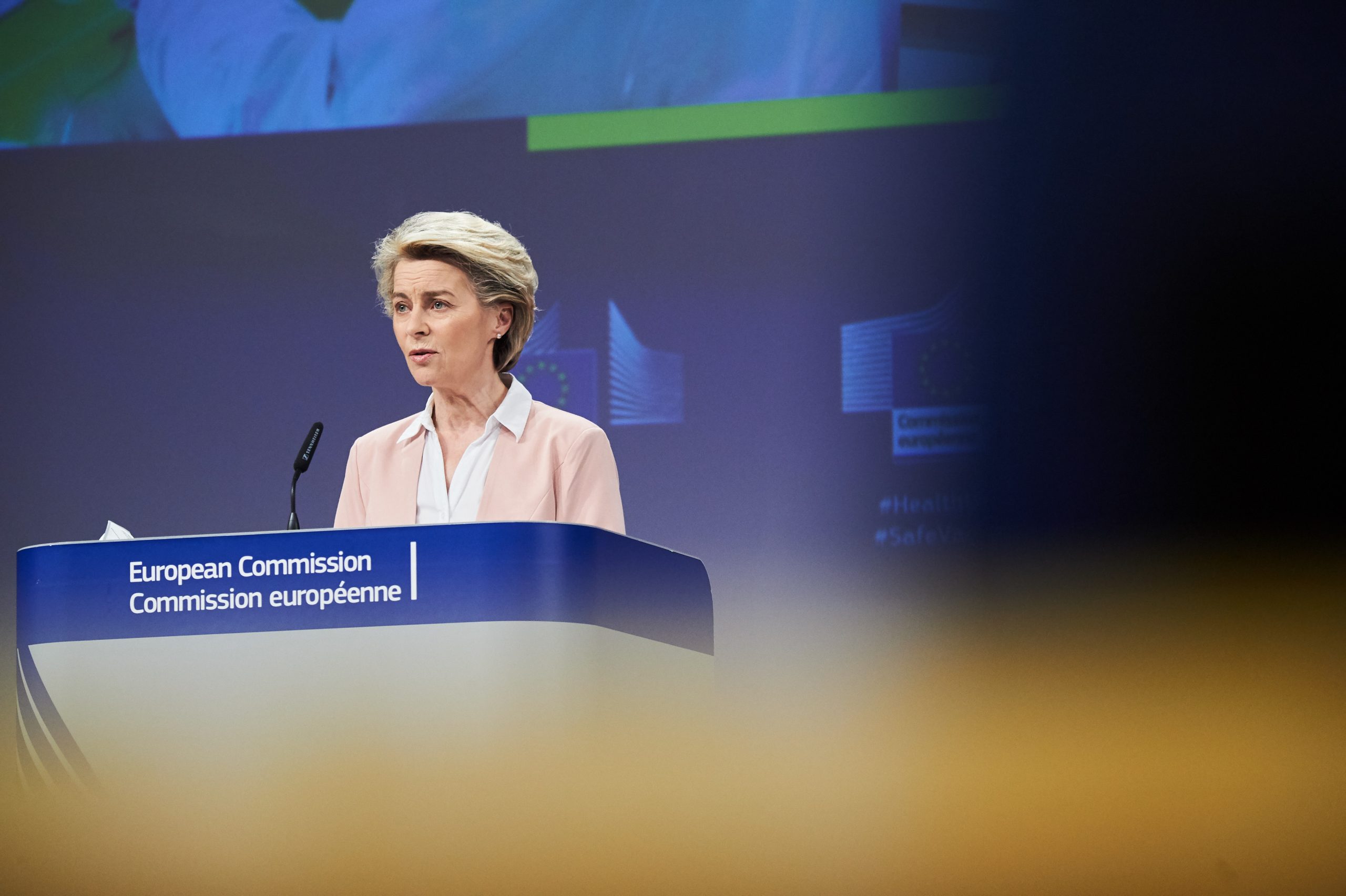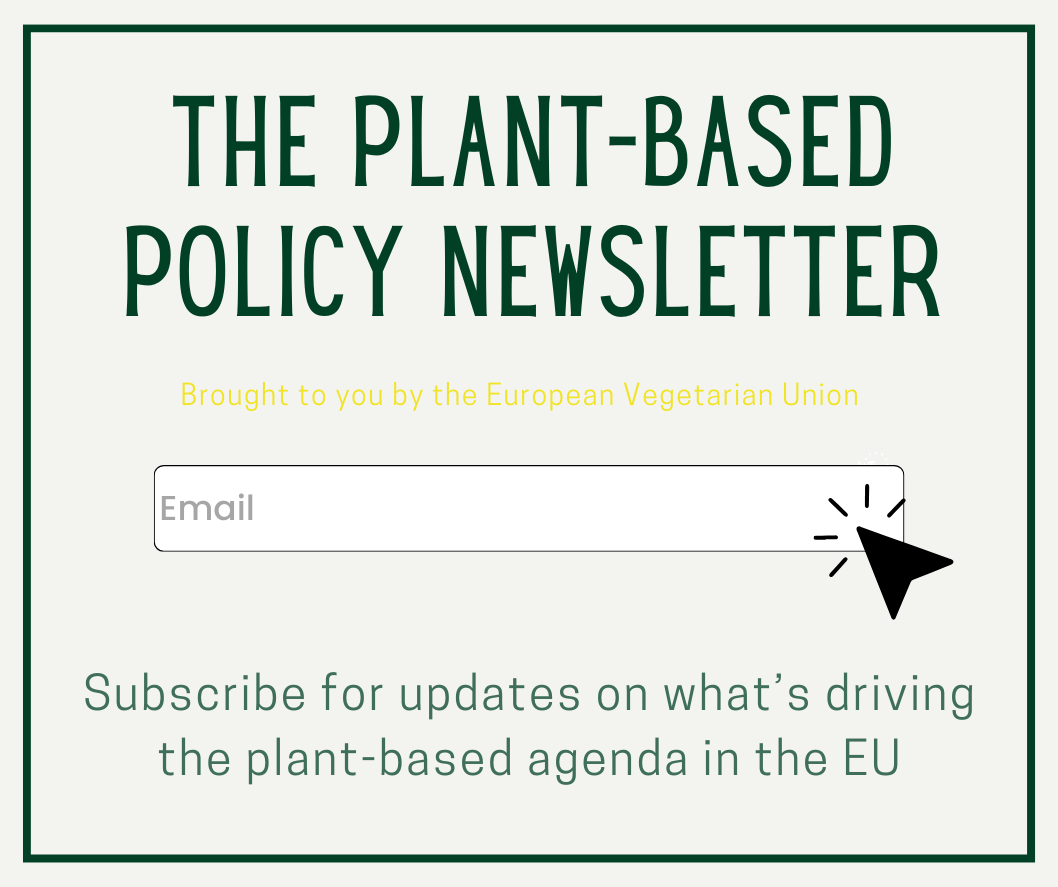In December 2019, the launch of the Farm to Fork Strategy, part of the EU Green Deal, gave many of us hope for the future. While the strategy lacked some clear targets for climate and failed to propose measures to address the livestock industry or dietary changes, it nevertheless represented a significant step forward. A more ambitiously sustainable and resilient Europe was within reach.
Fast forward to June 2024, and that hopeful vision has been seriously frayed. The Farm to Fork strategy was initially predicted to put into place 27 legislative actions – the last of which is to come to fruition in 2024 (sustainable labelling of foods). But, by the end of the European Commission’s mandate, the Farm2Fork ended up being the worst performing aspect of the Green Deal – with only about 25% of the legislative files having been completed. And arguably, these were the low-hanging fruits. Among these were the adoption of recommendations to Member States on addressing the objectives of the Common Agricultural Policy before the draft CAP Strategic Plans were formally submitted; the proposal for a revision of the Farm Accountancy Data Network Regulation to transform it into a Farm Sustainability Data Network with a view to contribute to a wide uptake of sustainable farming practices; a proposal for EU-level targets for food waste reduction; develop an EU code and monitoring framework for responsible business and marketing conduct in the food supply chain; and the launching of initiatives to stimulate reformulation of processed food, including the setting of maximum levels for certain nutrients, which were only partially touched upon with the Breakfast Directive.
Crucially, however, most of the significant measures of the Farm to Fork have so far been left behind by President von der Leyen’s Commission. In terms of sustainability, some of the most apparent omissions include the need to:
- Propose a legislative framework for sustainable food systems;
- Propose a revision of the Sustainable Use of Pesticides Directive to significantly reduce the use and risk and dependency on pesticides and enhance Integrated Pest Management;
- Determine the best modalities for setting minimum mandatory criteria for sustainable food procurement to promote healthy and sustainable diets, including organic products, in schools and public institutions;
- Propose a sustainable food labelling framework to empower consumers to make sustainable food choices;
- Review the EU promotion programme for agricultural and food products with a view to enhancing its contribution to sustainable production and consumption;
- Review the EU school scheme legal framework with a view to refocus the scheme on healthy and sustainable food;
- Propose an EU carbon farming initiative.
The strength of the Farm 2 Fork strategy also lies in its adaptability to different sectors, including health, where several key files were left behind, including the need to set nutrient profiles to restrict the promotion of food high in salt, sugars and/or fat; and the need for a proposal for a harmonised mandatory front-of-pack nutrition labelling to enable consumers to make health-conscious food choices). Furthermore, promises to improve animal welfare were also broken, namely, the need for an evaluation and revision of the existing animal welfare legislation, including on animal transport and slaughter of animals as well as the #EndtheCageAge and #BanFurFarming citizens’ initiatives.
Perhaps ironically, considering the farmer protests that took place in several EU countries, one of the key pieces undelivered by the Commission was introducing legislative initiatives to enhance the cooperation of primary producers to support their position in the food chain. Measures that could significantly support farmers but which were left out of discussions on the recent so-called emergency package. The only action taken to strengthen farmers’ positions in the food chain was the announcement of the development of an EU Agrifood Chain Observatory which has no binding powers but rather focuses on transparency.
Pressure from what was believed to be a conservative surge in the elections prompted EU leaders to water down or downright ditch some of the commitments they had made regarding the Green Deal. But with the political centre having largely held – although with a tilt to the conservative side, we urge these policies to be back on the table in the coming years. Continuing to implement the ambitious legislative files that were first presented will be central to ensuring the EU stays the course on achieving the Paris Climate Goals and the United Nations Sustainable Development Goals (SDGs).
The need for steadfast support for the Farm to Fork strategy, and the Green Deal as a whole, has never been more urgent. The climate crisis we face isn’t going away, nor are the myriad side effects linked to it (food insecurity, soil degradation, deforestation, water scarcity…). With evidence showing Europe is warming twice as fast as the global average, the tools necessary to implement ambitious policies and initiatives need to be supported and carried through. A small window remains open for the Farm to Fork strategy to avoid the fate of a Farm to Flop.
PROPOSED TIMELINE OF THE FARM2FORK:




